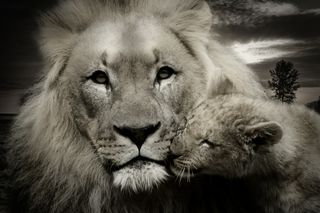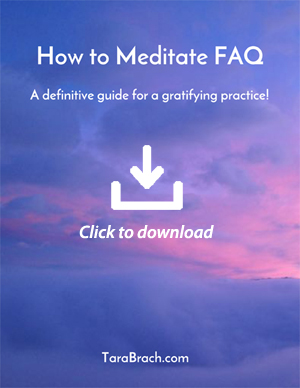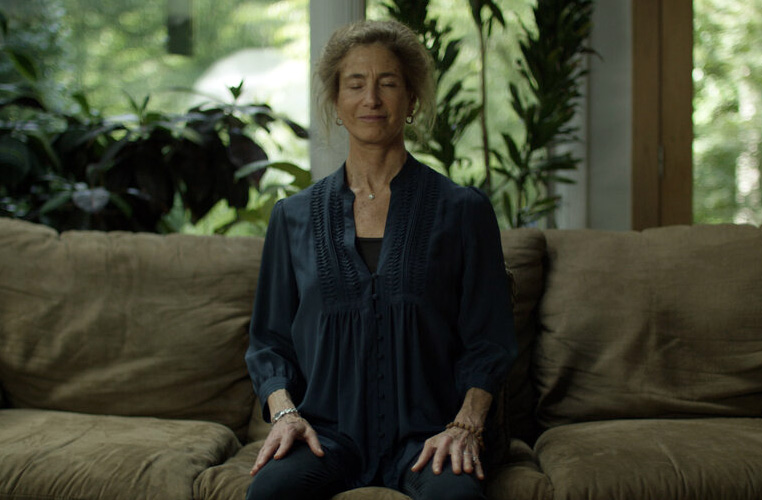I recently heard about a man who attempted to sneak his pet turtle onto a flight by placing it between two buns and wrapping it in a KFC wrapper. When he was discovered, he told the officials that he just couldn’t leave his beloved pet at home.
I could relate!
There have been times that I’ve nearly canceled a teaching trip because I just didn’t want to leave my dog. There’s so much research now that having a pet — experiencing that sense of warmth and connection — increases longevity and happiness. The other side of the equation is that when there is a deficit of connection, there is loneliness and depression.
The wounds in our lives are so often related to severed belonging and the ways that we, in some way, get split off from the feeling that who we are is okay. Through our families and our culture, we get the message that something is wrong with us. We split off because we get hurt or because another has not been able to stay with us.
In the earliest phases of our lives, what we most need from a parent is the sense that we are known and loved. In Buddhism, these expressions of awake awareness—understanding and caring—are often described as the two wings of a bird: they are interdependent, and intrinsic to our well-being. On this path of healing and awakening, bringing these two wings to our own inner life and to our relationships with others is what I sometimes think of as spiritual re-parenting.
In a recent interview, civil rights activist and theologian, Ruby Sales describes a moment from her life when these two wings of understanding and care came alive:
The defining moment . . . I was getting my locks washed and my locker’s daughter came in one morning and she had been hustling all night and she had sores on her body, she was just in a state — drugs. So something said to me, ‘Ask her, where does it hurt?’ And I said, ‘Shelly, where does it hurt?’ And just that simple question unleashed territory in her that she had never shared with her mother. And she talked about having been incested, and she talked about all these things that had happened to her as a child, and she literally shared the source of her pain. And I realized, in that moment, listening to her and talking to her, that I needed a larger way to do this work.[1]
Where does it hurt?
When I heard Ruby’s story, it really landed in quite a beautiful way. I could remember, in my own life, times that people asked me a question — really asked from a place of caring presence — and, in those moments, how that opened up something in me.
The beginning of healing is recognizing suffering and asking the question: Where does it hurt? Seeking to understand, offering our interested presence, is the first wing of spiritual re-parenting. Just as the concerned parent, seeing their child upset, angry, withdrawn, would want to know what’s going on, we can learn to bring interest to our inner life and gently ask ourselves: What is going on inside? Where does it hurt?
A challenge is that, while we might get in touch with feelings of loneliness, shame, or being unloved by others, when we don’t know how to be with those raw emotions, we are quick to leave. Judgment is one of the main ways that we leave when things feel difficult. We blame ourselves, get angry, judge others. Or we numb out. Or we distract ourselves.
There’s a story of a wise old sage who lived deep in the wilderness. The people seeking wisdom from him had to travel through dangerous jungles and forests for days to get to him. Once they arrived, he would swear them to silence and then he would say, Okay, I have one question for you. What are you unwilling to feel?
The second part of spiritual re-parenting –expressing our care—arises as we learn to stay. When a child is angry or upset, what do we do? We stay with them until they can get in touch with what it is they are really needing. In the same way, we can commit to staying with our own inner experience, no matter what it is. And as we get in touch with what those hurting places really want or need, our caring can naturally flower into an engaged, nurturing presence.
Bringing this practice to our own wounding is key, and as we enlarge to include others, we open up potential for boundless healing in the world around us. If we really want to have a world where we can connect and respond to each other, we must widen the field and attend with the same understanding and care to all humans, all species, all the parts of this living world that are having trouble. We begin with the same question: Where does it hurt?
From the Poet, Hafiz:
Admit something:
Everyone you see, you say to them,
“Love me.”Of course you do not do this out loud;
Otherwise,
Someone would call the cops.Still though, think about this,
This great pull in us
To connect.Why not become the one
Who lives with a full moon in each eye
That is always saying,With that sweet moon
Language,What every other eye in this world
Is dying toHear. [2]
From: Spiritual Re-Parenting – a talk given by Tara Brach on December 7, 2016
[1] Tippett, K. (Producer). (2016, September 15). Where Does it Hurt [Audio podcast]. Retrieved from http://www.onbeing.org/program/ruby-sales-where-does-it-hurt/8931
[2] Hafiz. (1999). With That Moon Language (D. Ladinsky, Trans.). In The Gift: Poems by Hafiz, the Great Sufi Master (p. 322). New York, NY: Penguin Putnam Inc.


